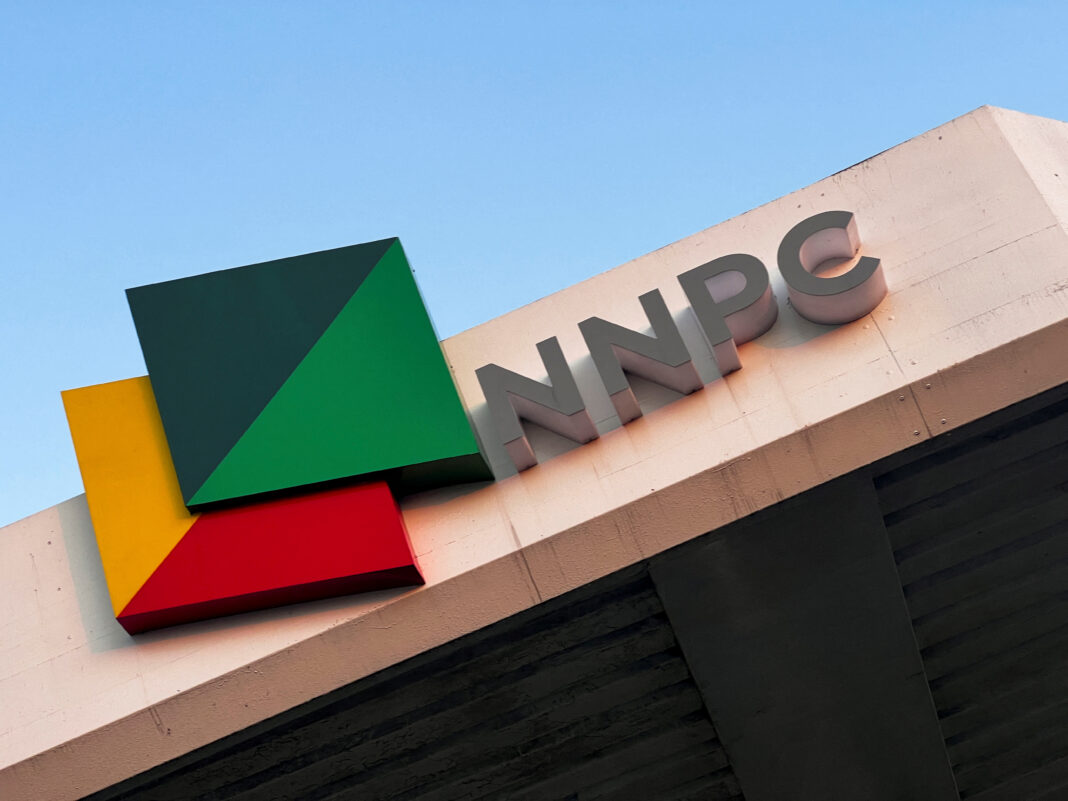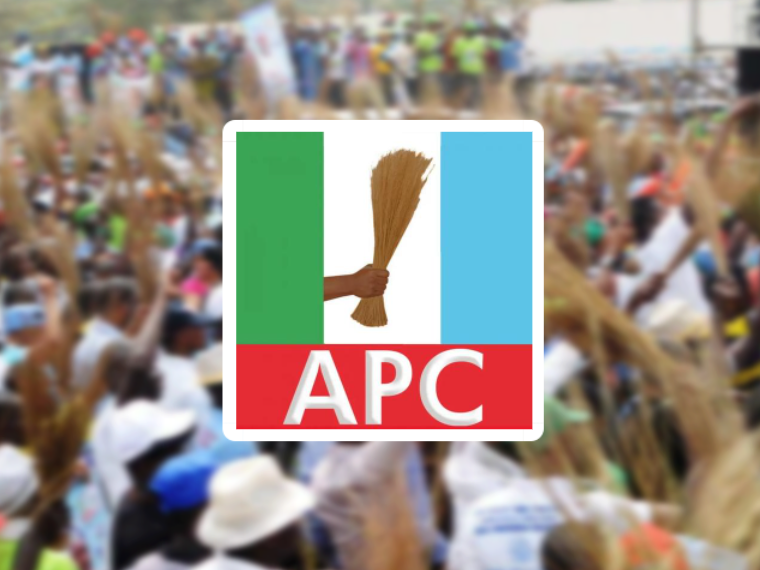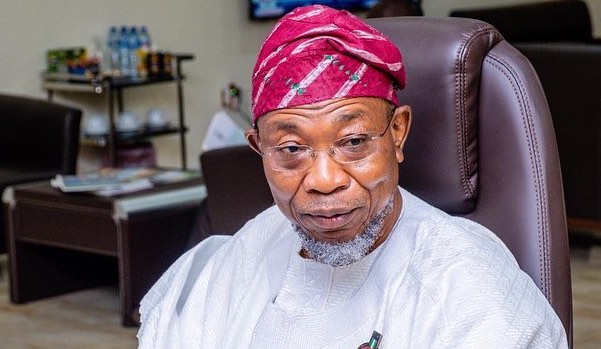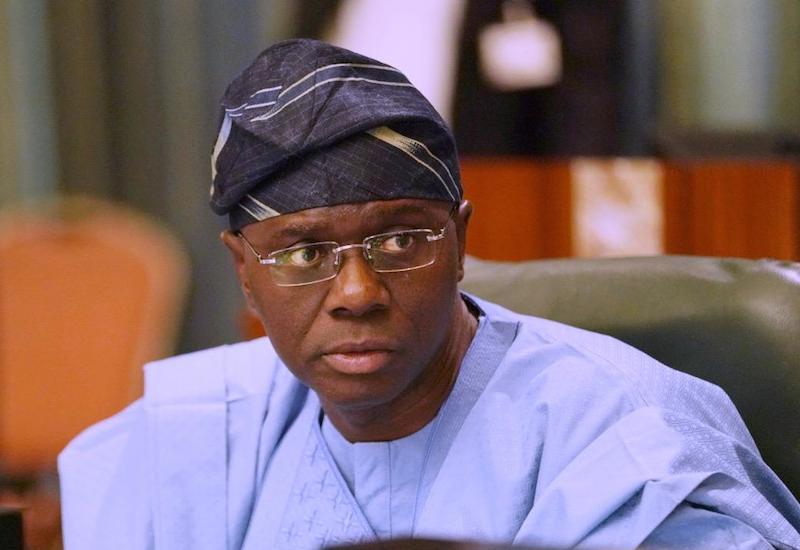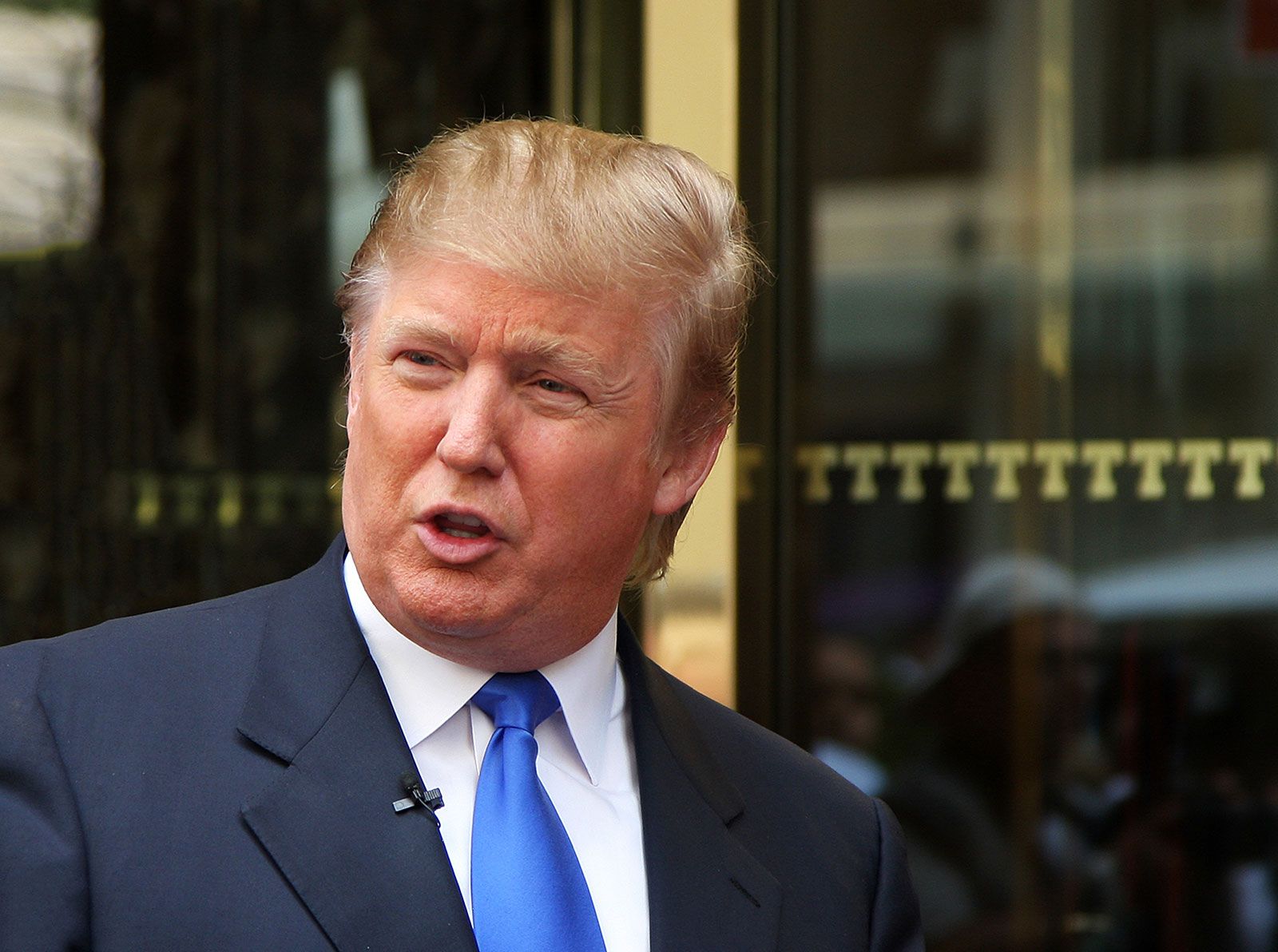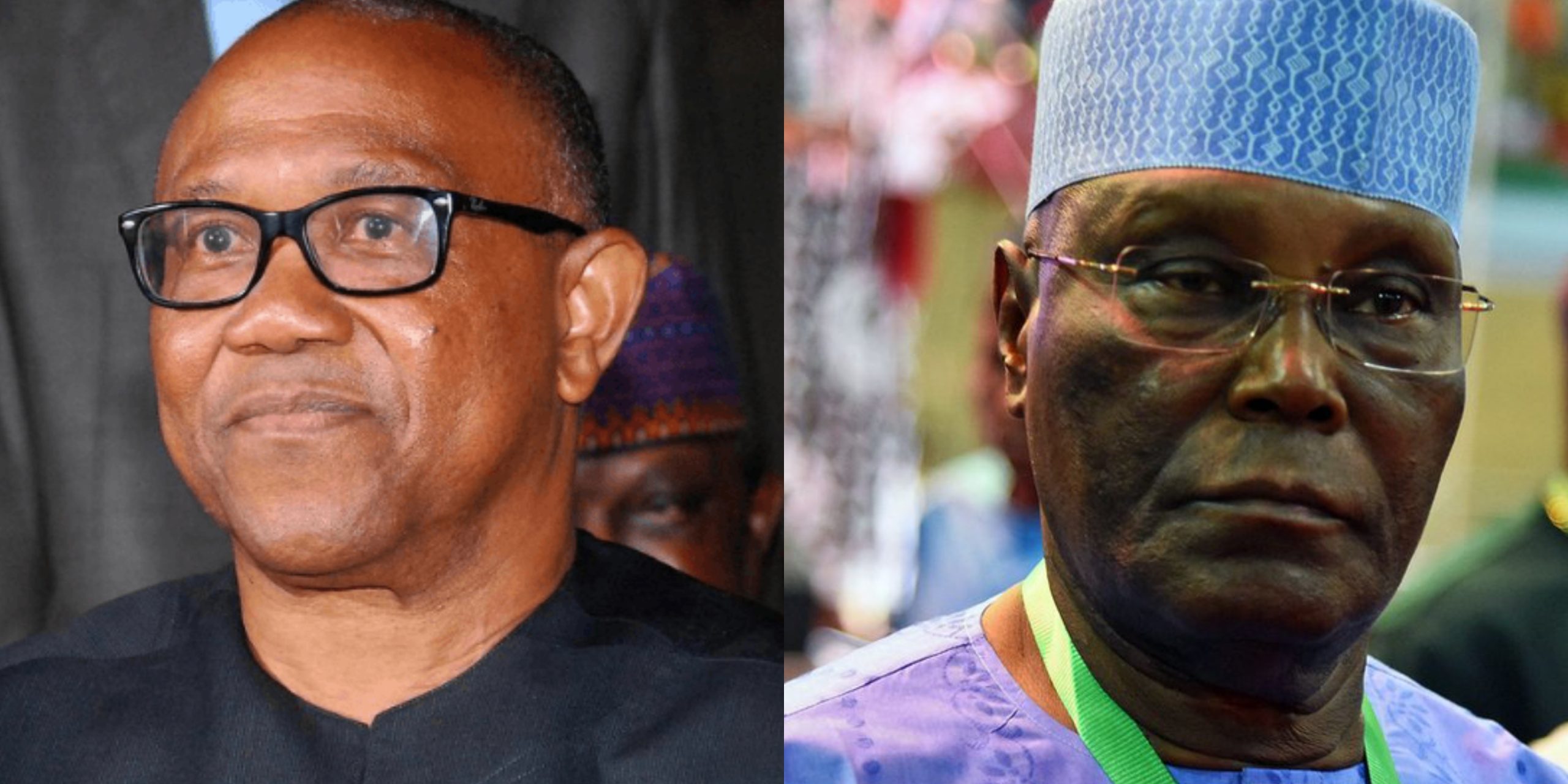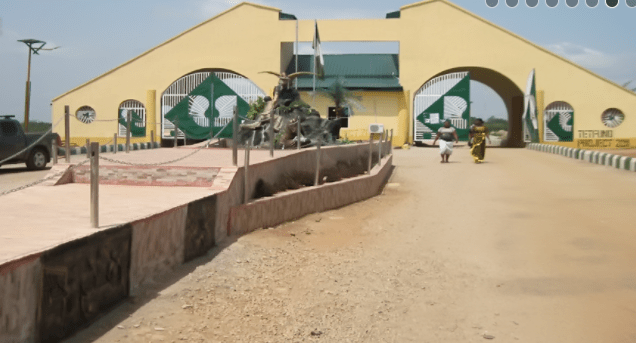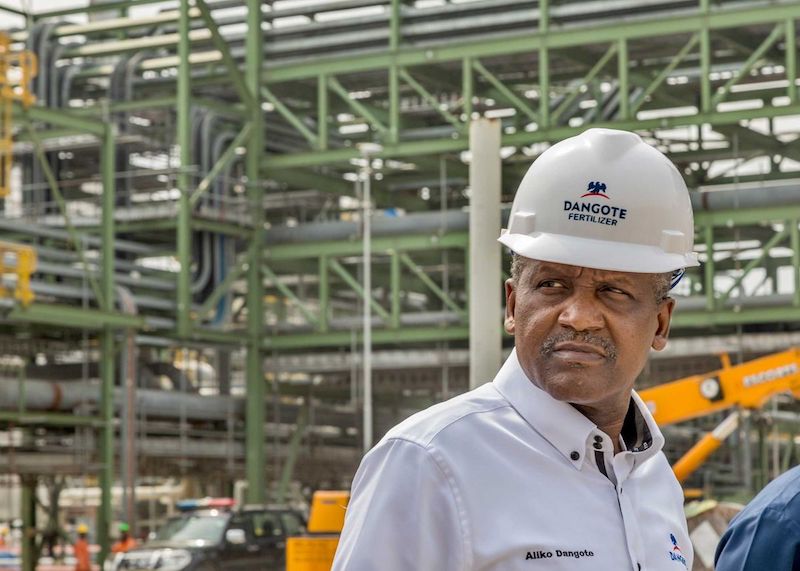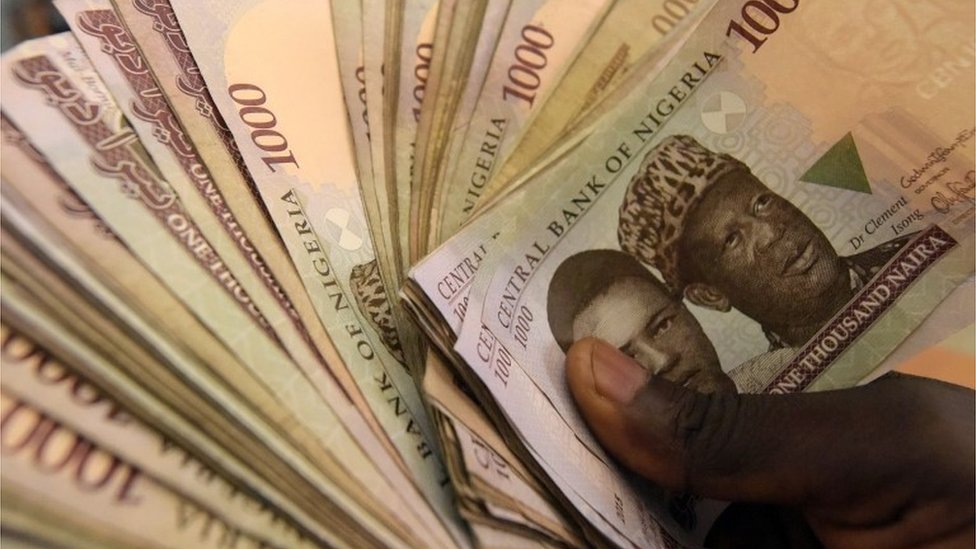The Nigerian National Petroleum Company Limited (NNPCL) has increased the price of petrol in Lagos to ₦1,025 per litre and and N1,060 per litre in Abuja.
This adjustment comes just three weeks after the last increase, which saw petrol moved from ₦855 to ₦998 per litre on October 9.
A check by Dockaysworld revealed that many NNPCL stations in Lagos sold petrol at the new rate, while some stations remained closed, saying they were out of stock.
A few independent stations are selling petrol at even higher prices, up to ₦1,100 per litre.
Fuel prices have steadily gone up since the subsidy was removed in May 2023, with the price rising from ₦184 to the current ₦1,025 per litre in Lagos.
Meanwhile, Chief Executive Officer of Dangote Refinery, Aliko Dangote, has urged fuel marketers to rely on his refinery’s domestic production rather than imported fuel.
He said this during a meeting with President Bola Tinubu at the Presidential Villa in Abuja on Tuesday.
Dangote revealed that over a billion liters of refined fuel are currently stored in his tanks, available to address the country’s energy needs.
Speaking to reporters, Dangote emphasized that local supply through his refinery could eliminate Nigeria’s long-standing fuel queues. “I have a refinery. I’m not in retail, but I have the supply they need,” he stated. “If marketers come to collect from us instead of importing, the long fuel queues would disappear.”
Dangote stressed the financial burden of maintaining such extensive inventory, noting that storage costs accrue daily. “It’s costing me money every day to hold this volume,” he explained.
He added that fuel marketers could maintain a consistent supply from his facility, bypassing the costly importation process that currently dominates the industry.
While Dangote clarified that his refinery does not handle retail operations or distribution logistics, he underscored its readiness to load fuel for collection by marketers.
“They should come and collect. We have what they need. I don’t have trucks to send, but they can pick up the fuel here and distribute it. They’ve managed to do this with imports; there’s no reason they shouldn’t come to us instead.”
Pointing to the broader economic impact, Dangote hinted at the financial benefits for both parties if marketers utilized local supply rather than relying on foreign imports.
“If I can collect payment in naira, I avoid the interest cost on imported supply. Right now, that’s money we’re losing—potentially in the range of 500 billion,” he said.

